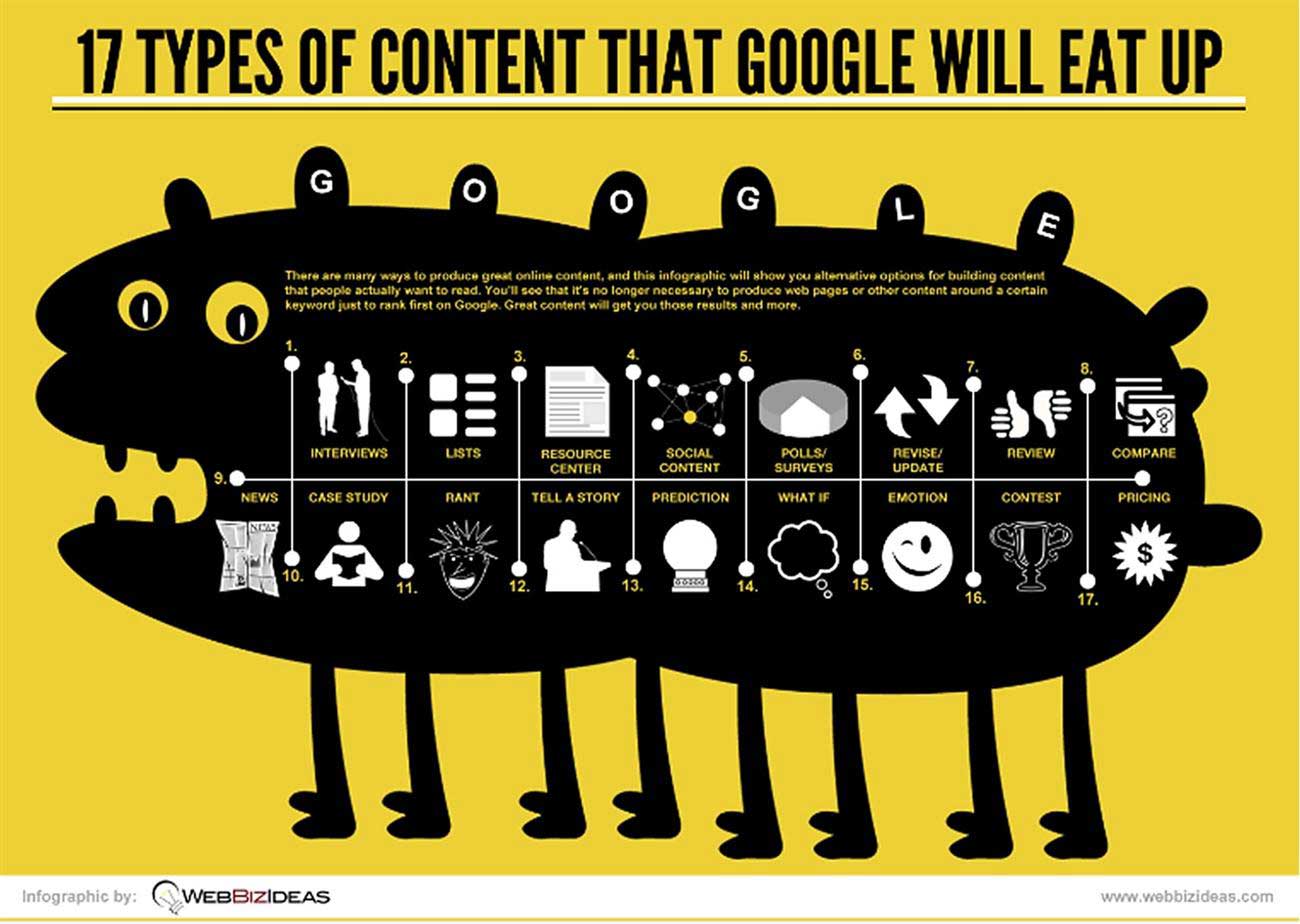1. Interviews
Google rewards those who publish great content for their users. An easy way to publish such content is to interview experts within your industry and publish the interviews—which needn't be done in person.
Check out this example from BrightLocal; the interview might have done by email, over the phone, or in person:
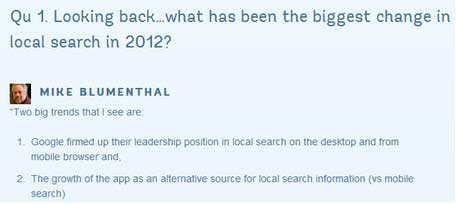
The benefits of interviewing experts are several: The experts would likely link back to you; your users will trust you because they trust the experts; Google will trust you if you have correct coding in place for them to see co-author citation.
You will benefit most if you use rel=author tags in your site and you ask your guest bloggers to add your site in Google+ as a site they contribute to. Watch this video tutorial on how to correctly code authorship markup.
2. Lists
People like to read lists, which are easily generated. They are also unique content that Google will love. All you need to do is express your thoughts on any sort of "top 10":
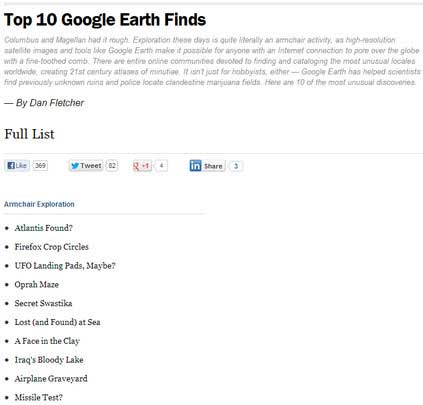
Need help thinking of types of lists to create? Here are some ideas:
- Google.com: To find past lists people have created, type this into Google.com: intitle:list intitle:[KEYWORD] "top 10"
- Google Images: To find past visual lists people have published, type this into Google Images: intitle:infographic intitle:"top 10" [KEYWORD]
- Google News: To find lists large media outlets have published, type this into Google News: intitle:"top 10" [list] [KEYWORD]
- Google Blogs: intitle:"top 10" [list] intitle:[KEYWORD]
3. Resource Centers
Wikipedia is No. 1 for millions of keywords because it is a resource that provides the majority of what people are searching for: trusted, organized information.
Google does not want you to create a blog and start "blogging" about keywords that you want to rank No. 1 for. No one reads that, and Google will not rank your blog posts No. 1. Instead of writing blog posts merely to publish keyword-rich content, think about creating a resource center.
What is a resource center? It is an educational section on your website that displays information in a way that encourages learning; you design it to "sell" your content.
Here is an example of a resource center (see the Web page):
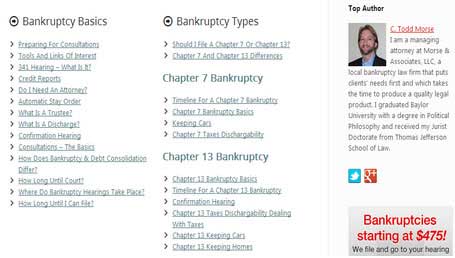
Which would be more helpful to someone who had to file for bankruptcy in the next 30 days: Browsing through years of blogs posts to see whether Betty Blogger had created a post that answered his questions, or taking a few seconds to browse over her resource center? A resource center would provide more value to users and it would benefit them more quickly.
Google eats up resource centers, because more people link to them, share them, and spend time on them than they do on blog posts. Organize what you would have wanted to blog about into an educational resource center that you constantly update. Do that, and Google will reward you.
4. Social Content
This one is a no-brainer, but it's often missed. Are you updating your Google+, Twitter, and Facebook account when you publish any of the 16 other types of content that is in this article?
When people write "what they are doing" just for the sake of updating their social account—merely because someone told them they should update at least once a day— it's meaningless. No one is going to follow you on social media unless what you update convinces them that they will miss something you publish in the future.
The easiest way to gain real social followers who are potential customers is to prove to them that you are an expert. So create great content, and update your accounts when you publish that content.
5. Polls and Surveys
How many polls and surveys did you see on TV about the presidential election? People digest information when it is presented to them in this format:

For best results, spend the time to (1) poll/survey 800+ people; (2) display your results visually; (3) publish the results on your site; and (4) then reach out to media outlets with additional information, data, and graphics they can use. And example is my Twitter poll that eMarketer picked up.
If you don't have time to meet polling standards (PDF), hire a company to do the poll for you. Remember, if you don't spend them time and money needed to accurately poll a large enough group, highly valued media sites will not pick up the story and Google will not "eat up your content."
6. Revisions/Updates
Wikipedia wasn't built in a day; its content has been written, revised, updated, and revised again and again. So consider: Can the content you created last year on "topic ABC" be updated? Did new research on the same topic come out? Instead of creating a new blog post, why not revise the old one?
One of the easiest ways to update/revise content is to build and update links. Re-read your old content to see whether you've built new pages on subjects you mentioned in the original post. In the following example, perhaps you built a page on "American rock bands" and now you can link to it. Or, perhaps Weezer produced a new song and now you add that link to the original resource.
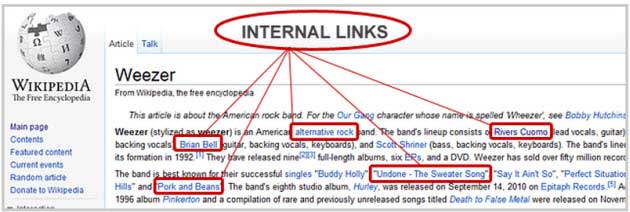
Taking that approach will help you create great content. Google loves fresh content that updates, and users like finding one great resource that answers their questions instead of having to browse and read 20 blog posts.
Regularly (every month or year, say) go back and update/revise and even merge content for that very reason.
7. Reviews
How can a local service-based business create great content that Google will love? Find popular products that people are interested in and create reviews.
For example, remember all those Olympic beach volleyball players who had that colorful tape all over their body? If you are a chiropractor or sports therapist, why not create a video review of the most popular kinesio tape?

How do you get a link from Time.com? How do you get a video to go "viral?" Have some fun with your content! Check out this iPad parody review.
8. Comparisons

If you actually compare something in a way that teaches, you can have great success with Google. Take, for example, the many Panda vs. Penguin illustrations that were created when the Penguin update came out. The one illustrated above convinced 71 root domains to link to it. Think Google likes that?
9. News
If you are one of the first to report a story, Google may reward you with a No. 1 ranking. Doing so need not be complicated. Just report on what is going on in your industry, and you might hit the jackpot.
But if you find straight news boring, make fun of the news instead. Mashable's "7 fake hurricane Sandy Photos" had 451 websites linking to it and 173,000 sharing it! The photos weren't even Mashable's, but here are the social stats on that post:

10. Case Studies/Research
Case studies on clients you represent are interesting to read and time-tested; and if you did something extraordinary, people will share it. But what really works for making a case study go viral is when you "play around" or "test" a theory and then develop a case study based on the process you went through. Look at marketingexperiments.com to learn how they present their research.

11. Rants

Everyone likes listening to a logical yet passionate argument. If you don't see a problem worth arguing about in your industry, you probably don't know your industry well enough. Get upset, start writing, and publish; you'll find that your blog post will get more comments than ever before. Remember, though, that you'll receive both positive and negative reactions to your rant.
12. Tell a Story
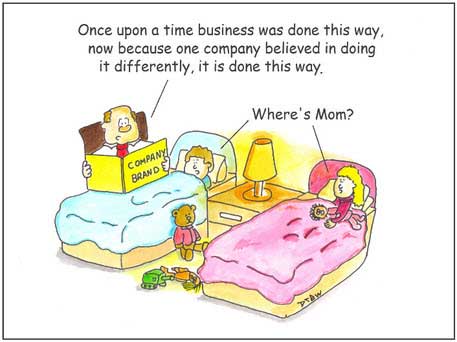
More than ever, companies need to build a brand and reputation online. In 2013, if no one searches your name in Google, Google will say "you must not be popular." (What an easy way for Google to tell how large a brand is!)
What is your company doing to build your brand? One way is to tell a story. I don't mean fables; I mean authentic stories that motivate others to take action. Here are some story ideas:
- What lessons you have learned
- How you grew your business
- What your failures were
Take some risk when writing or telling your story. Show your passion, conviction, and authenticity. Have fun sharing.
13. Predictions
Whether you like them or not, predictions are made with the coming of every new year. Take my guest-blogging prediction that problogger picked up. Website owners want to be the first to publicly say that something is going to happen. People want to read "year in review," "predictions for 2013," "predictions I made that came true," "predictions that other people made that never came true."
All of those are great content ideas that users and website owners love to read.
14. What Ifs
People eat up pessimistic "what if" questions that could affect them personally. If you are a chiropractor, write an article for parents on "What Happens to Kids Who Never Get Adjusted?" If you are a landscaper, you can write about "What If you didn't winterize your..."
Such what-if ideas are easy to come up with if you are an expert in your industry. If you are having trouble coming up with ideas, just copy others. Type into Google: intitle:"what if" [KEYWORD]
15. The Stupid and the Funny
Don't underestimate the power of humor. And some of the best viral content is, well, stupid. But people live busy and stressful lives, so sometimes the best content doesn't even relate to your business; it is merely funny:

Sometimes, the most links come from a series of silly or fake pictures. When hurricane Sandy hit, Mashable had a series of fake photos that got to the homepage of Yahoo after 173,000 people shared it. Do you think Google trusts a site after so many real people share content from it?
16. Contests
Don't have time to write your own content? Create a contest and have other people publish content for you... The contests that Google loves are those during which multiple users upload and share unique content, such as Under Armour's "Show Your Pride" contest, when hundreds of high schools showed their school pride by uploading photos and videos.
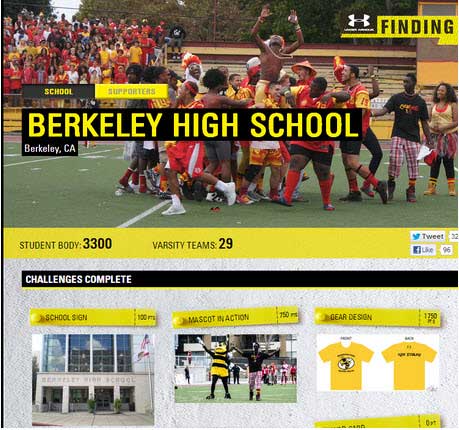
Don't just create a contest whereby people register and someone wins a prize. Plan your contest so users have to produce and upload content, and then allow other participants to comment and vote to produce even more interaction that Google will notice.
17. Pricing
Many online businesses don't like to publish their prices, but potential customers want to understand pricing; and, one way or another, they are going to find information on how much your services cost. Give them what they want, and they don't find it out from a competitor first.
A simple "average pricing" on projects is a compromise: It doesn't tell customers how much you charge, but it does answer their questions. You will have published informational content that you can promote:
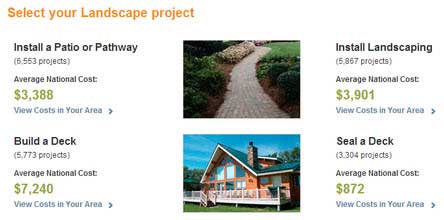
Watch this video or this presentation to see other examples of content you can create, and click on the following infographic for a larger version:
